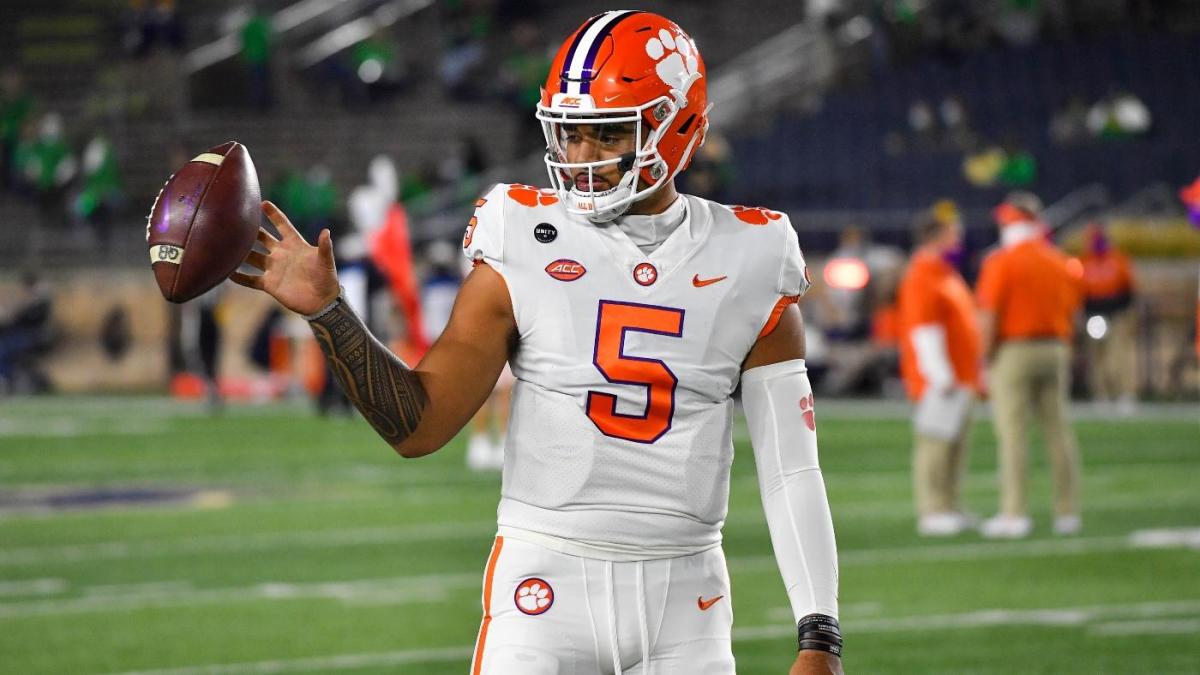ACC, Big Ten, Pac-12 alliance to focus on ‘collaborative approach’
Written by Lucky Wilson | KGTO Writer on August 29, 2021
The ACC, Big Ten and Pac-12 alliance became official Tuesday, with the three conferences coming together “on a collaborative approach surrounding the future evolution of college athletics and scheduling.”
The three leagues emphasized common values and unanimous support impacting key topics affecting college athletes and schools in all sports. Sources say the Pac-12 has been the most aggressive of the three leagues in forming and encouraging the alliance.
“The historic alliance announced today between the Pac-12, ACC and Big Ten is grounded in a commitment to our student-athletes,” new Pac-12 commissioner George Kliavkoff said in a statement. “We believe that collaborating together we are stronger in our commitment to addressing the broad issues and opportunities facing college athletics.”
When news first broke of a potential alliance earlier this month, a Pac-12 source told ESPN that the league was a bit further along than the other two in building support and enthusiasm for the pact. Other sources in the league expected an announcement to come sooner.
Another source familiar with the discussions on Tuesday told ESPN, “The Pac-12 is driving this.”
Kliavkoff has been clear in his mission to improve football in the Pac-12, saying he has been focused on enhancing access to the College Football Playoff and ways to boost football revenue, especially as the Pac-12 prepares to renegotiate its media rights agreement. He also told the San Jose Mercury News that the league will decide in the next few weeks whether it will explore possible expansion.
The gist of the alliance — which a source said is in response to the shifting landscape of college athletics, but not necessarily a direct counter to the SEC on its way to becoming the first 16-team superconference — is an ability to collaborate academically and athletically among some of the country’s highest-regarded research institutions.
The bottom line is that there is no immediate or direct impact today on college football.
“The ACC, Big Ten and Pac-12 recognize the unique environment and challenges currently facing intercollegiate athletics, and we are proud and confident in this timely and necessary alliance that brings together like-minded institutions and conferences focused on the overall educational missions of our preeminent institutions,” ACC commissioner Jim Phillips said in a statement. “The alliance will ensure that the educational outcomes and experiences for student-athletes participating at the highest level of collegiate athletics will remain the driving factor in all decisions moving forward.”
Tuesday’s alliance announcement included widespread football scheduling principles among the three leagues, as many game contracts are set for several years out. There is also a desire to see what a potential expanded CFP model looks like before adopting new scheduling strategies.
Teams from the three leagues are expected to start scheduling more games with one another, and individual leagues could make adjustments to their scheduling models. One possibility would be for the Pac-12 to reduce its number of league games from nine to eight, which would free up teams to play opponents from other Power 5 conferences, such as the Big Ten and ACC.
But across-the-board scheduling approaches won’t come just yet. The Big Ten and Pac-12 announced a scheduling agreement in December 2011 that was set to begin in 2017. But the agreement ultimately fell apart on the Pac-12 side.
“We cannot repeat history,” a source said.
Tuesday’s announcement included mention of a scheduling alliance in football, women’s basketball and men’s basketball, which will go into effect “as soon as practical” based on existing contracts.
A working group of athletic directors will oversee the scheduling component and strategy. The group includes ADs from the ACC (Clemson’s Dan Radakovich, North Carolina’s Bubba Cunningham, Syracuse’s John Wildhack and Virginia’s Carla Williams), the Big Ten (Iowa’s Gary Barta, Ohio State’s Gene Smith and Penn State’s Sandy Barbour) and the Pac-12 (Cal’s Jim Knowlton, Oregon’s Rob Mullens, Washington State’s Pat Chun and USC’s Mike Bohn).
The three leagues already have 68 football games scheduled to take place between 2022 and 2035. The number increases to 103 when including Notre Dame, which plays USC, Stanford and five ACC opponents annually.
Future men’s and women’s basketball schedules will feature more early and midseason games between the leagues, as well as annual events such as the ACC/Big Ten Challenge, which has been held since 1999.
ESPN’s Heather Dinich contributed to this report.


